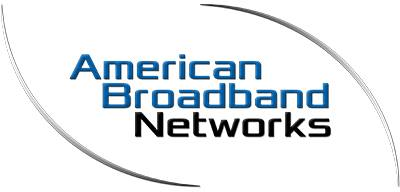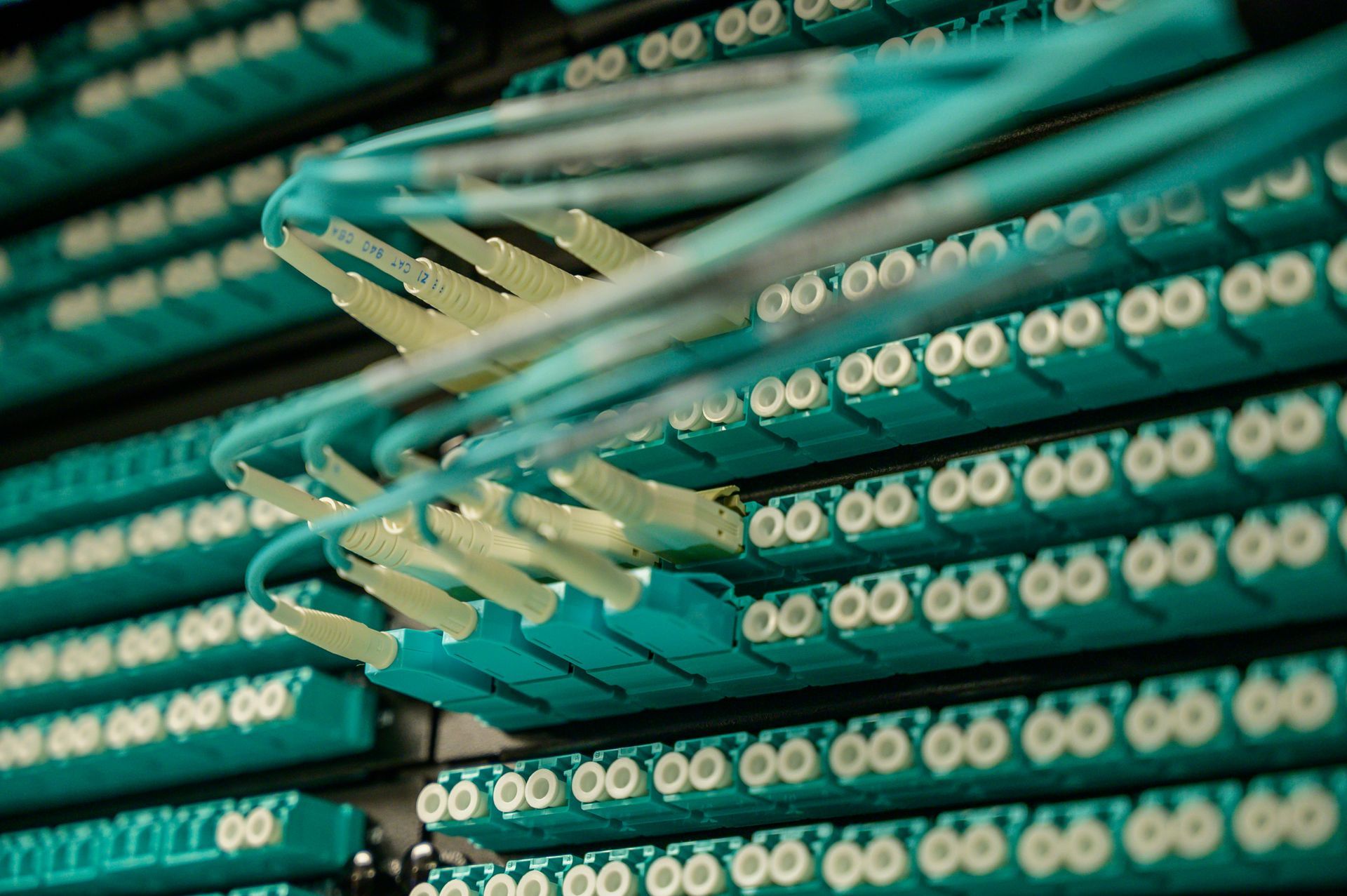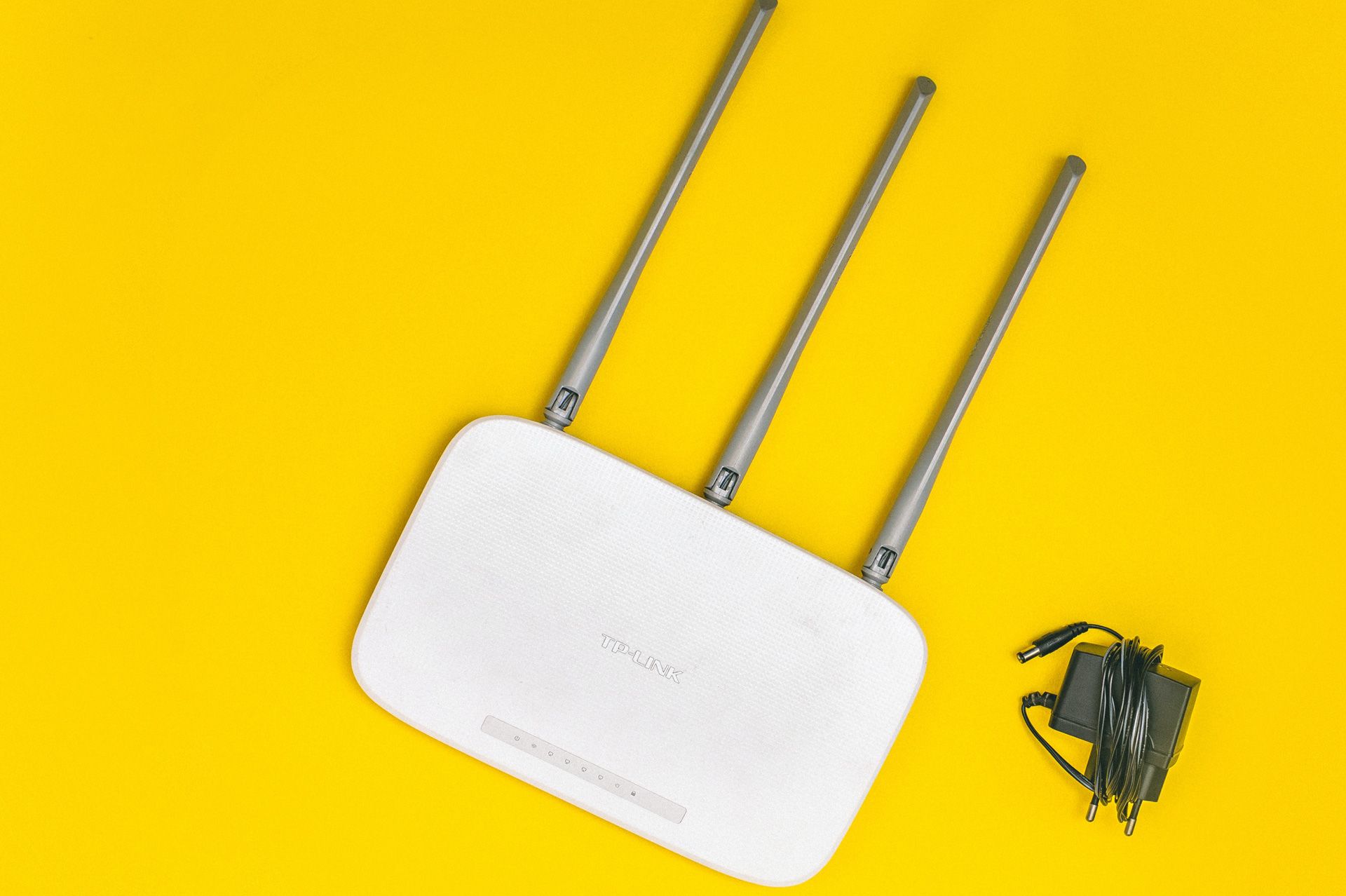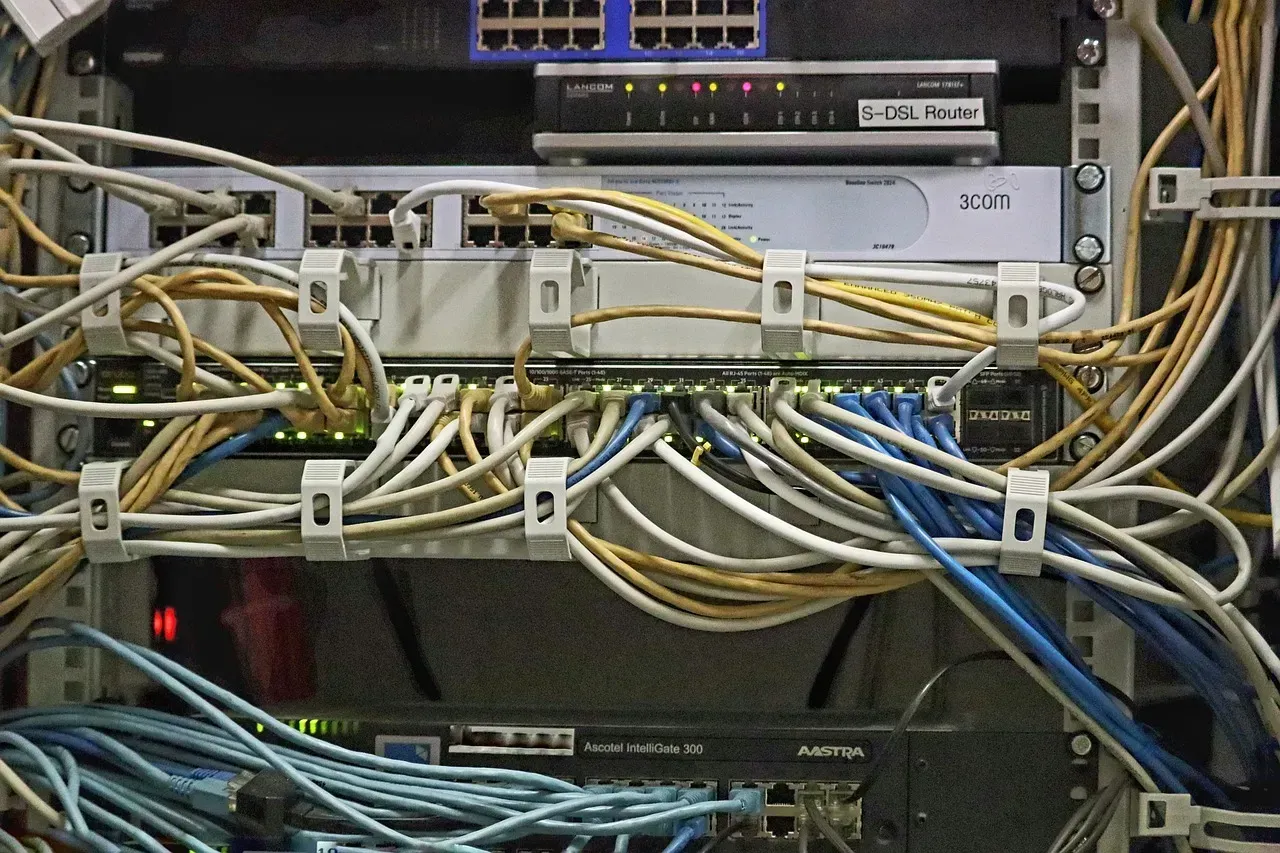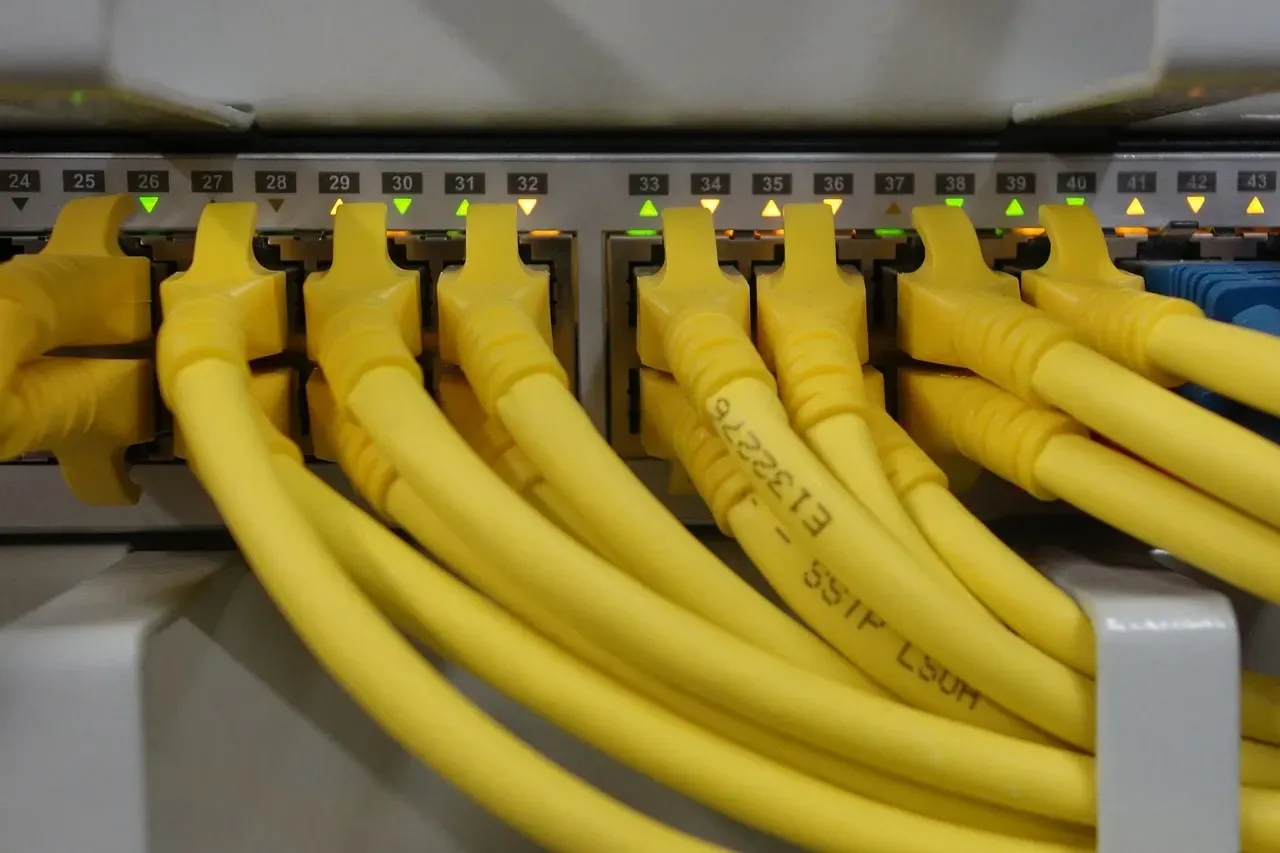Questions to Ask a Broadband Contractor Before Hiring Them

Choosing the right broadband contractor is crucial for both the smooth execution and the long-term success of your internet installation.
This guide will help you navigate the process of selecting a contractor by focusing on essential aspects such as pricing, service area, offerings, project timelines, and warranty.
Making an informed decision starts with asking the right questions, which not only ensures you get value for your money but also prevents future complications.
Let's dive into the key questions you need to ask a broadband contractor before making a hiring decision, ensuring that your broadband setup meets your needs with efficiency and reliability.
Understanding the Contractor’s Background
Experience and Reliability: Check how long the contractor has been in business. A longer track record can indicate reliability and a solid base of satisfied customers. Ask for references or case studies from previous projects similar to yours.
Licenses and Insurance: Confirm that the contractor has the necessary licenses to operate in your area. Ensure they carry insurance to protect against potential damages or accidents during the project. This step is crucial for your peace of mind and legal protection.
Service Offerings and Area
Types of Services Provided: Ask specifically what broadband services they offer. Do they handle both residential and commercial installations? Can they provide support for high-speed fiber optics, or do they specialize in satellite internet services? Knowing exactly what they offer helps match their services to your needs.
Can you detail the types of broadband services you offer and any special technologies you specialize in?
Service Area: It’s essential to confirm that the contractor services your area. Some contractors might also charge more for services outside their standard coverage zone.
What is your service area, and do you charge extra for services outside this area?
Pricing and Payment Terms
Detailed Estimate: Request a comprehensive, written estimate that outlines all costs. This should include labor, materials, and any potential additional expenses. A detailed estimate helps avoid surprises.
Could you provide a detailed, written estimate that breaks down all costs associated with the project?
Payment Schedule: Understand how the contractor structures payments. Is there an upfront deposit? Are payments tied to project milestones? Knowing these details helps you manage your budget effectively.
What is the payment schedule, and are payments linked to specific milestones in the project?
Handling Cost Overruns: It's important to discuss how the contractor deals with unforeseen expenses. Are there clear terms outlined for handling overages?
How do you manage cost overruns, and what is the process for approving additional charges?
Project Timeline
Completion Timeframe: Discuss how long the project will take to complete. Ensure the timeline meets your requirements, especially if you need the service by a certain date.
What is the expected timeline for completing the installation, and what factors could potentially delay the project?
Delays and Adjustments: Understanding how the contractor handles delays is crucial. This includes their approach to unexpected challenges like bad weather or equipment issues.
How do you manage project delays, and what communication should I expect if timelines need to be adjusted?
Warranties and Guarantees
Warranty Coverage: Clarify the type of warranty that comes with their services. This includes the duration of the warranty and what it covers. Warranties can vary significantly, so it’s important to understand the specifics.
What does your warranty cover, and for how long does it apply to the services provided?
Post-Installation Support: Find out what kind of support the contractor offers after the installation is complete. This could include technical support, service calls, or troubleshooting.
What post-installation support do you offer, and how can I access it if needed?
Communication and Project Management
Point of Contact: It’s important to know who will manage your project. Ask about the person you’ll communicate with directly throughout the project to ensure there’s no confusion.
Who will be my main point of contact during the project, and what is their role?
Updates and Reports: Find out how the contractor plans to keep you informed. Regular updates can help you track progress and address any concerns quickly.
How frequently will I receive updates, and in what format will they be provided?
Safety and Property Protection
Safety Measures: Safety is paramount in any installation project. Ask about the specific safety protocols they implement to prevent accidents and ensure a safe working environment.
What safety measures do you put in place during projects to ensure the work area is safe for both your team and my household?
Protecting Your Property: It's critical to understand how the contractor will protect your property during the installation process. This includes steps they take to avoid damage to your home or business premises.
How will you protect my property from damage during the installation process?
Conclusion
Selecting the right broadband contractor is crucial to ensure your project is completed efficiently and to your satisfaction. By asking these detailed questions, you'll gain insights into the contractor's experience, reliability, service scope, pricing structure, communication practices, safety measures, and post-service support. This thorough vetting helps ensure that you partner with a professional who not only understands your needs but also meets them with high standards.
Call to Action
If you're in Charlotte, NC, and looking for a reliable broadband contractor with a comprehensive range of services, consider American Broadband Networks. Specializing in broadband networks, interior cabling for apartment complexes, structured and fiber optics cabling, coaxial cable installation, Wi-Fi installation and management, and new construction internet solutions, American Broadband Networks offers expert services tailored to your specific needs. For those needing additional network outlets for internet and phones, they've got you covered too. Don't settle for less—contact American Broadband Networks today to ensure your project is in capable hands.
Frequently Asked Questions
1. What should I check for in a contractor’s background before hiring?
Always verify the contractor’s license and insurance to ensure they are qualified and covered in case of accidents. Additionally, ask about their experience and request references or case studies of similar projects they’ve completed.
2. How do I know if a contractor covers my area?
Directly ask the contractor if they service your specific geographic location. Some contractors may also serve wider areas but could charge additional fees for travel outside their standard coverage zone.
3. What should be included in a detailed estimate from a broadband contractor?
A detailed estimate should itemize all costs associated with your project, including labor, materials, and any anticipated expenses. Ensure it covers all aspects of the project to avoid unexpected charges later.
4. What is a typical payment schedule for a broadband installation project?
Payment schedules can vary, but they often include an upfront deposit with subsequent payments tied to project milestones. Always clarify when payments are due and if they correspond to the completion of specific phases of the project.
5. How long does a broadband installation project usually take?
The duration can vary based on the scope of the project and other factors like weather conditions or equipment availability. Ask for an estimated timeline and what might cause delays.
6. What kind of warranty should I expect with broadband installation services?
Warranties can vary significantly but typically cover defects in materials or workmanship for a specified period. Ask about the specific terms, including what is covered and the duration of the warranty.
7. What type of support is available after the installation is complete?
Post-installation support might include customer service, technical support, or troubleshooting services. Clarify how you can access these services and any associated costs.
8. How are safety and property protection handled during the installation?
Contractors should have specific protocols to protect your property and maintain a safe work environment. Ask about their safety measures and how they plan to prevent damage to your property during the project.
Our Service
Contact Information
Phone: (336) 210-5445
